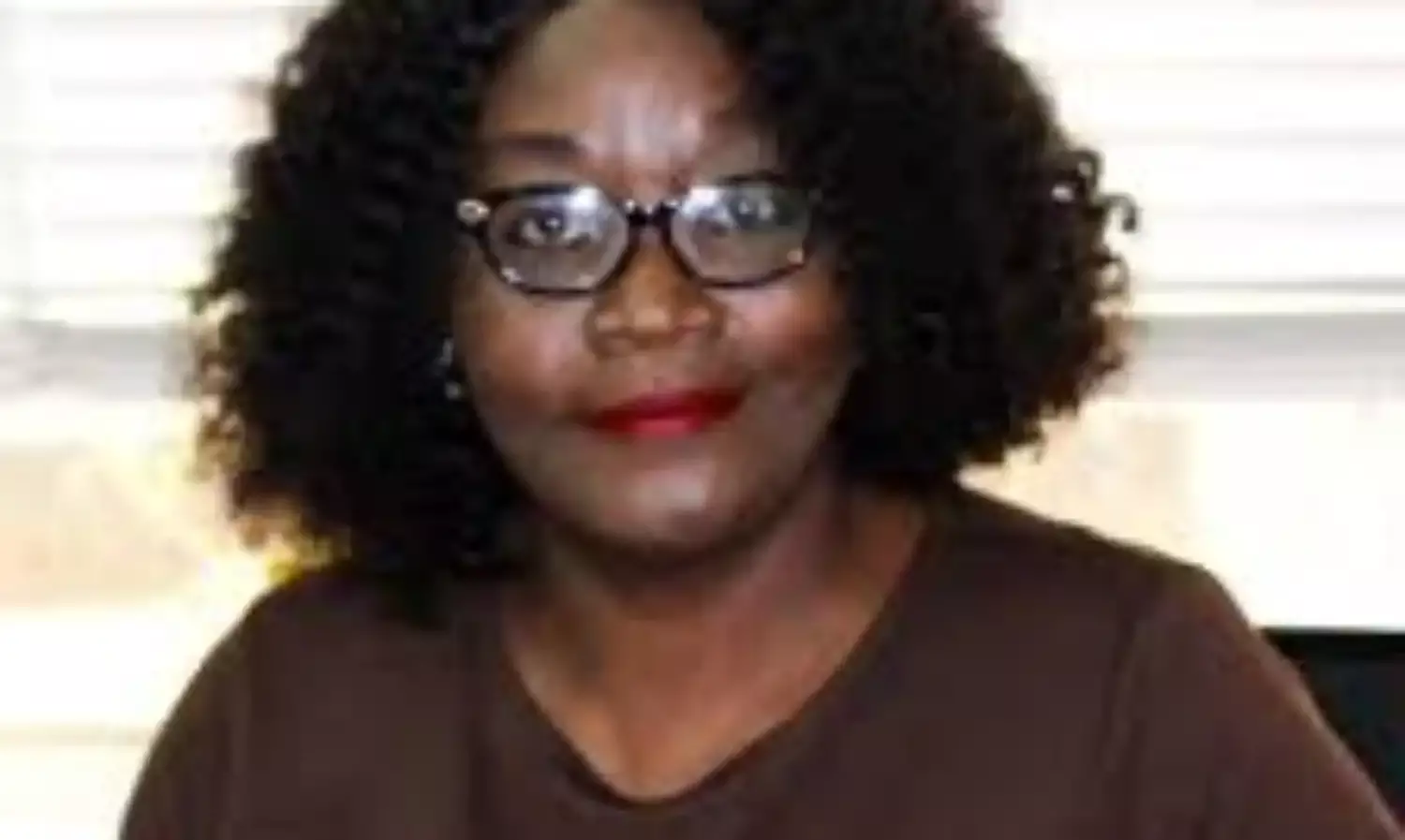Stella Din-Jacob, Okewale-Sonaiya, 23 others named most powerful women in journalism
Kadaria Ahmed, the Chief Executive Officer of RadioNow 95.3FM became the third most powerful woman in Journalism, due to her relentless pursuit of truth on challenges confronting women in Northern Nigeria.;

Stella Din-Jacob, Director of News, TVC Communications, was, on Tuesday, named the most powerful woman in journalism in Nigeria.
She emerged during the presentation of the 25 most powerful women in journalism in Nigeria, organised by Yomi Owope, a communication specialist and founder of Women in Journalism Africa (WIJAFRICA).
The event was also the 2024 edition of the WIJAFRICA conference, with the theme “Doing Good Journalism.”.
Toun Okewale-Sonaiya, Chief Executive Officer of the first women radio, WFM 91.7, clinched the second most powerful woman in journalism in Nigeria for raising journalists well grounded in investigative journalism.
Kadaria Ahmed, the Chief Executive Officer of RadioNow 95.3FM, became the third most powerful woman in journalism due to her relentless pursuit of truth on challenges confronting women in Northern Nigeria.
Maupe Ogun-Yusuf, a media personality with Channels Television, emerged fourth most powerful woman in Journalism.
Azeezat Olaoluwa emerged as the fifth, while Chiemelie Ezeobi was the sixth, Tessy Ogomu came seventh, Amarachi Ubani clinched the eighth position, and Sharon Ijasan got the ninth.
For the 10th most powerful woman in Journalism, Siju Alabi emerged winner, Doja Allen won the eleventh position and
Morayo Afolabi-Brown came twelfth
Others are: Stephanie Busari, Konye Nwabogor, Kikelomo Atanda, Ayo Mairo, Tolulope Adeleru-Balogun, Neya Kalu, Nancy Iloh, Esther Omopariola, Kemi Ajumobi, Ini John-Mekwa, Veronica Dan-Ikpoyi, Ireti Bakare-Yusuf, and Funke Fayemi.
Earlier, Yomi Owope, Founder of WIJ, appreciated everyone who had been supporting the platform as it marked its 10th anniversary.
Owope said that the initiative was born due to his passion for journalism.
In her response, Din-Jacob said, “I am shocked. I can see that the next generation of good journalists has taken over, so I was shocked. This still comes to me.
“I appreciate the organiser of this program. This job is a way of life; it is not a profession. I want you to know that failure is not an option and impossible does not exist.
“This is to encourage everyone. I became a mother 2 years ago, at age 54. I never studied journalism; I had a background in law, so anyone can achieve anything if they put their minds to it.”
Also, Okewale-Sonaiya said,I am humbled, I am happy, and I am honoured to have been recognised by this esteemed profession that I love being part of.
“I am very humbled that the work I do through the women radio platform is being recognised year in, year out. I am grateful.
“I am looking forward to using the women radio platform and any other platform that I find myself to raise better, bigger journalists than myself.
“I will continue to use my network, my skills, knowledge and platform to raise more journalists.
“In the last three years, I have trained 62 female Journalists on investigative journalism. We taught them a mix of investigative journalism. That is my passion, and that is what I am going to be spending much of my time doing now
“So, we are going to increase the capacity because that is an area where we do not have many young journalists. That is my mission and am going to ensure that gap is bridged
“We raise better female journalists, broadcasters who understand the importance of research, fact-checking, and who will be doing good journalism.”
Also, Fayemi of the Voice of Nigeria (VON) appreciated the organiser of the program as she pledged to improve the quality of herreport on gender equality.
“I am quite elated to belong to the big league. This is a call to do more; it will be another level of doing what is right. Reports on gender equality are something I will continue doing because I love developmental stories,” she said.
Mrs. Ifeyinwa Omowole, a Deputy Editor-in-Chief with the News Agency of Nigeria (NAN), along with five others, were also recognised for their contributions towards encouraging women journalists to be more professional.

